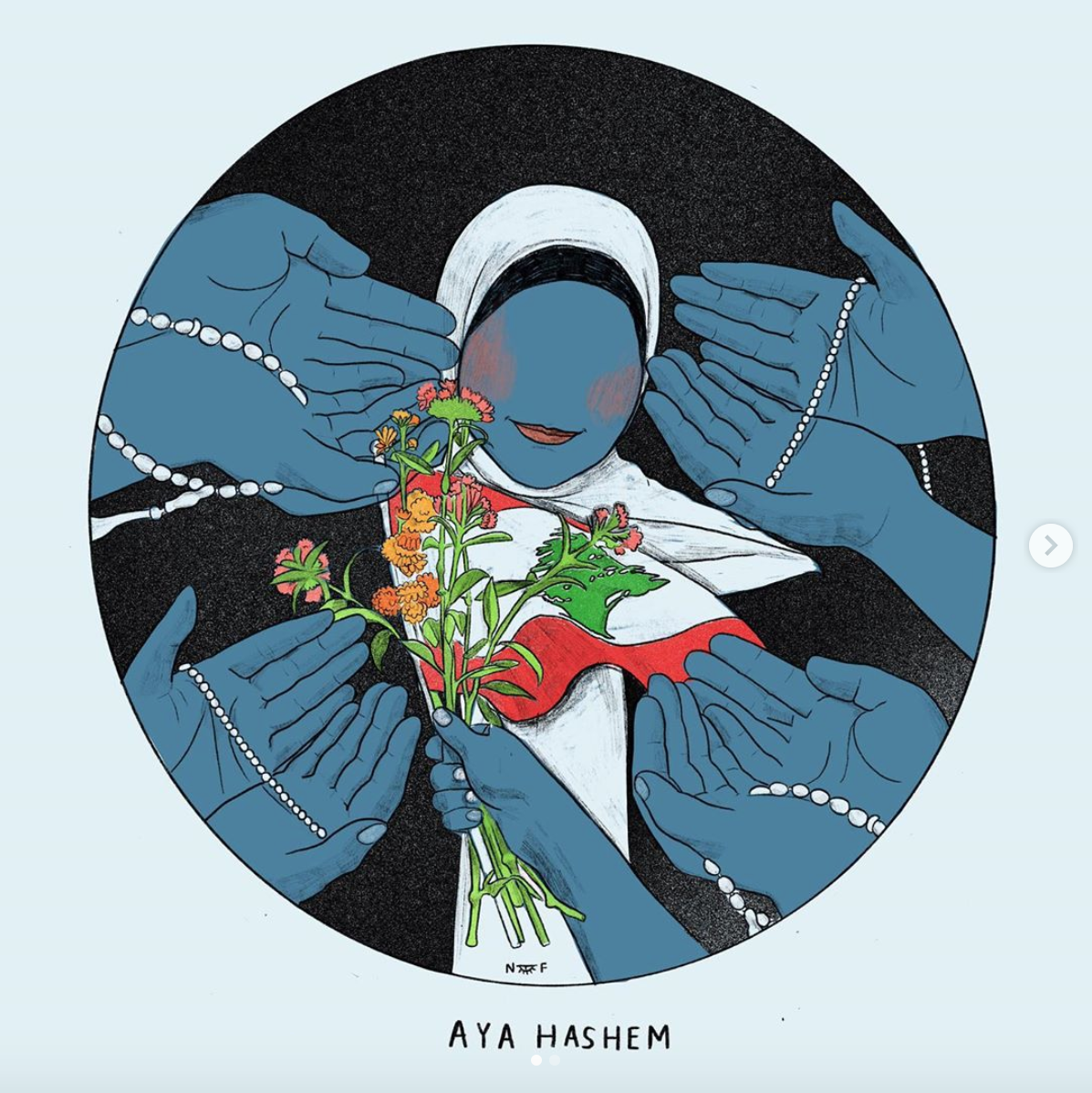Sudan to establish police force to protect health workers
CAIRO: Sudan’s transitional authorities are working to create a police force to protect health facilities, the prime minister’s office said Saturday, as attacks against health workers and hospitals increase amid the coronavirus pandemic.
The move came after doctors across the country threatened Thursday to go on strike to pressure authorities to provide protection for health workers and facilities.
Prime Minister Abdalla Hamdok met with representatives of doctors on Friday to find “decisive and strict solutions” to “the phenomenon of repeated attacks on health workers,” his office said in a statement.
The government will introduce a draft bill to provide protection to health workers, the statement said.
At least two dozen attacks on health care workers and facilities have taken place in the past two months across the country, according to a tally by the Sudan Doctors’ committee. The group is part of the protest movement that last year helped oust longtime autocratic president Omar al-Bashir.
In one instance last month, a riot erupted at a hospital in the city Omdurman, across the Nile River from the capital, Khartoum, when a rumor spread that it would take coronavirus patients. Police arrested several people who tried to attack the building.
On Thursday alone, there were at least three attacks on health workers and facilities in Khartoum that led to a temporary suspension of services at a hospital there, the committee said.
Sudan has reported at least 63 deaths from COVID-19 among around 3,380 confirmed cases of the coronavirus, which causes the disease.
Sudan’s health care system has been weakened by decades of war and sanctions. The country is still reeling from last year’s uprising that toppled al-Bashir.
Meanwhile, a handful of young people took to the streets in Khartoum on Saturday on the first anniversary of the deadly dispersal of a protest camp in in the last days of the Muslim holy month of Ramadan last year. The protesters torched tires but there were no clashes reported between protesters and security forces.
Footage circulated online showed some protesters practicing social distancing or wearing face masks as a precautionary measure against the virus.
The violent beak-up last year of the protest camp outside the military’s headquarters in Khartoum was an alarming turn of events in the standoff between the military and civilian protesters. The protesters had been holding a sit-in to pressure the military council to hand power over to civilians after al-Bashir ouster.
The protesters say at least 128 people were killed and hundreds wounded during the sit-in dispersal and the subsequent crackdown. However, military-backed health authorities say only 87 died, including security forces.
Later, the generals and the protesters reached a power-sharing deal that established a joint military-civilian sovereign council that would lead Sudan toward elections.

Egypt accepts Ethiopia-Sudan proposal to renegotiate dam disputeSudan inflation soars to 99% as food prices rise




